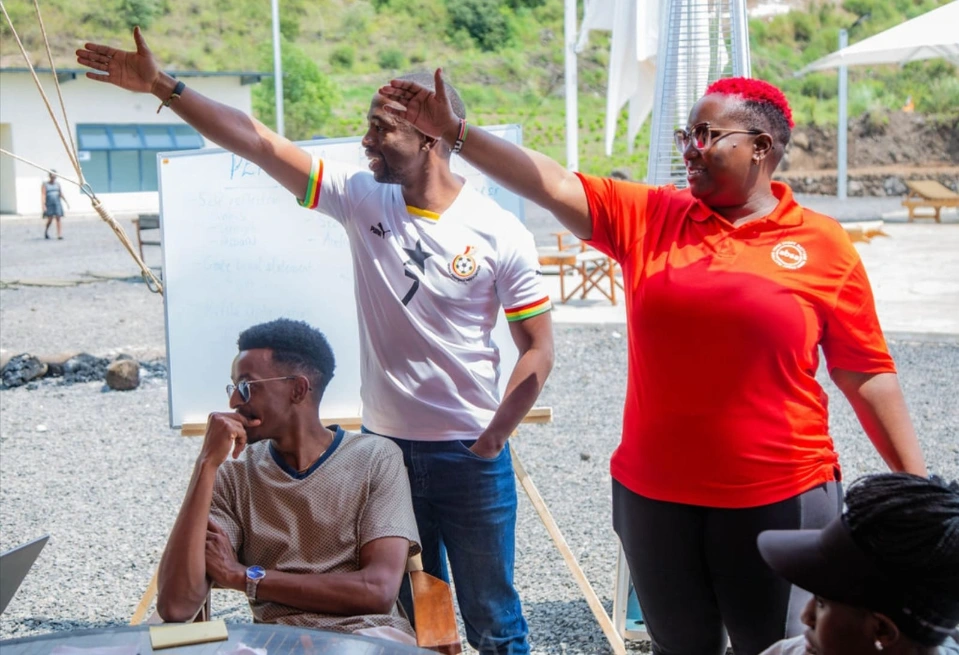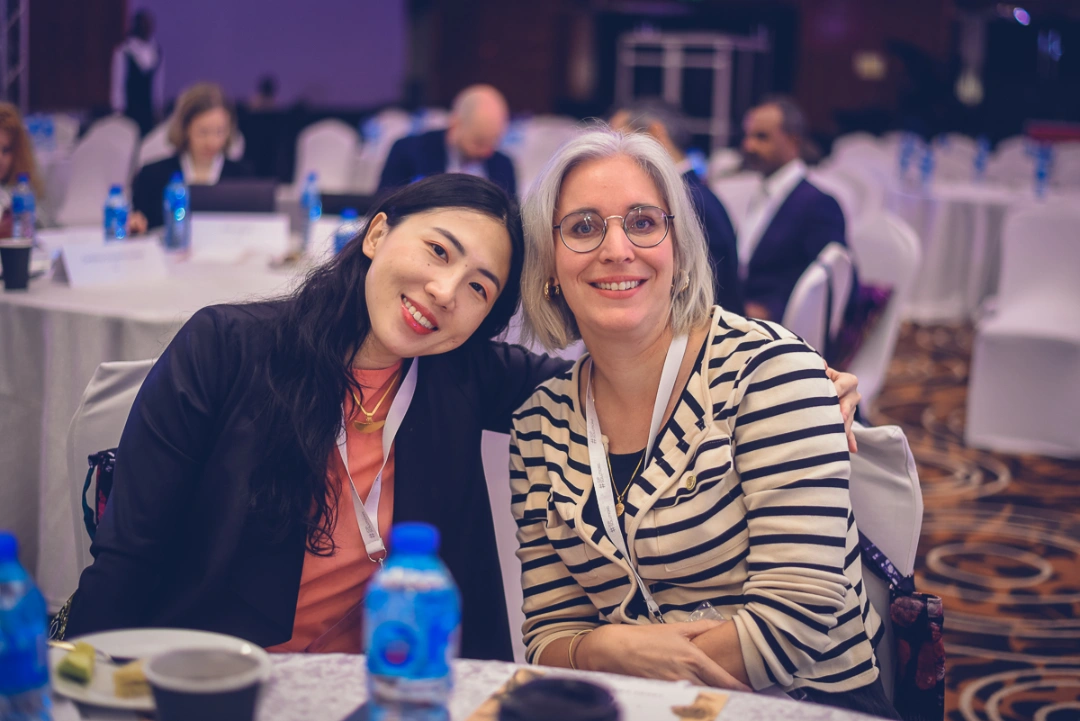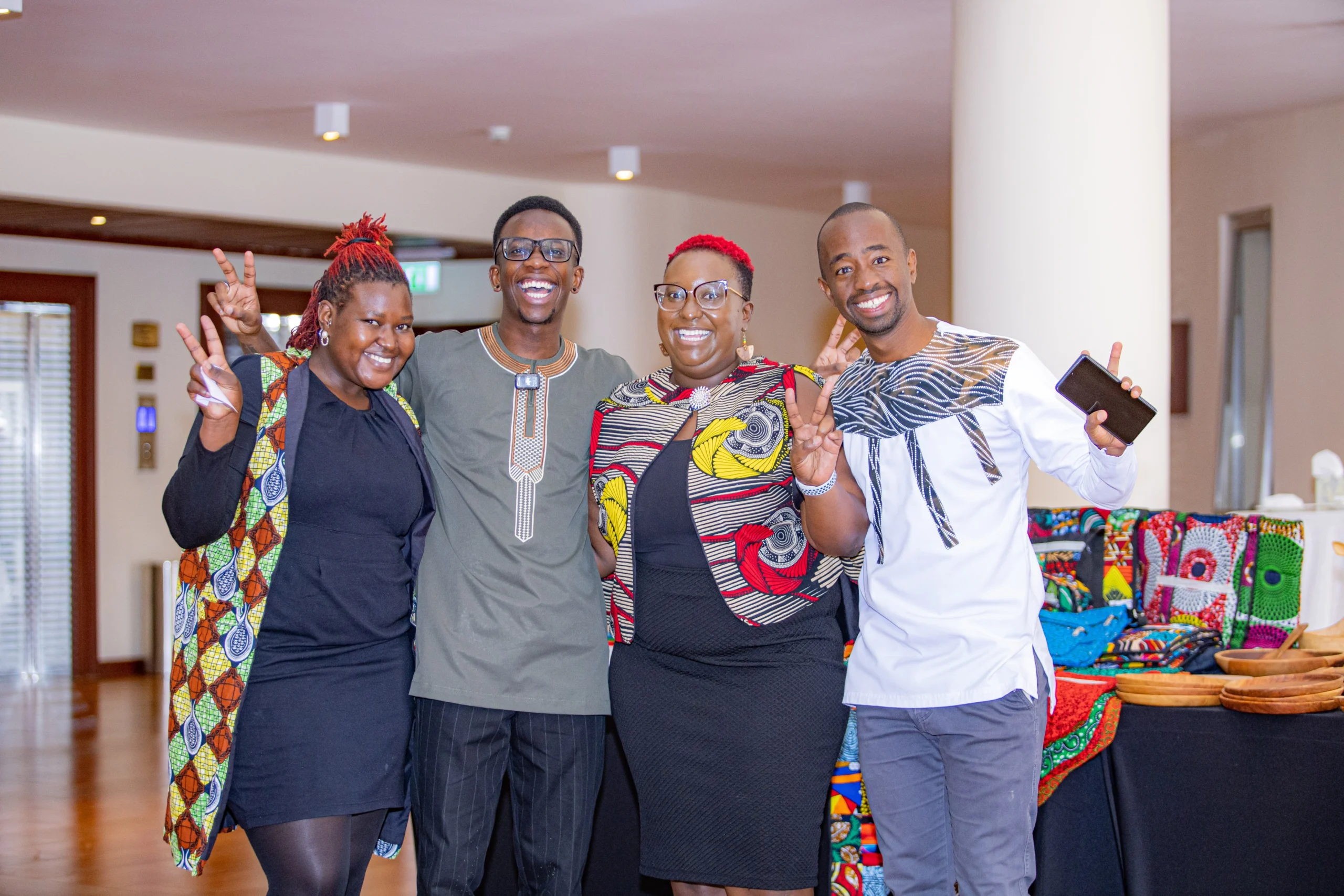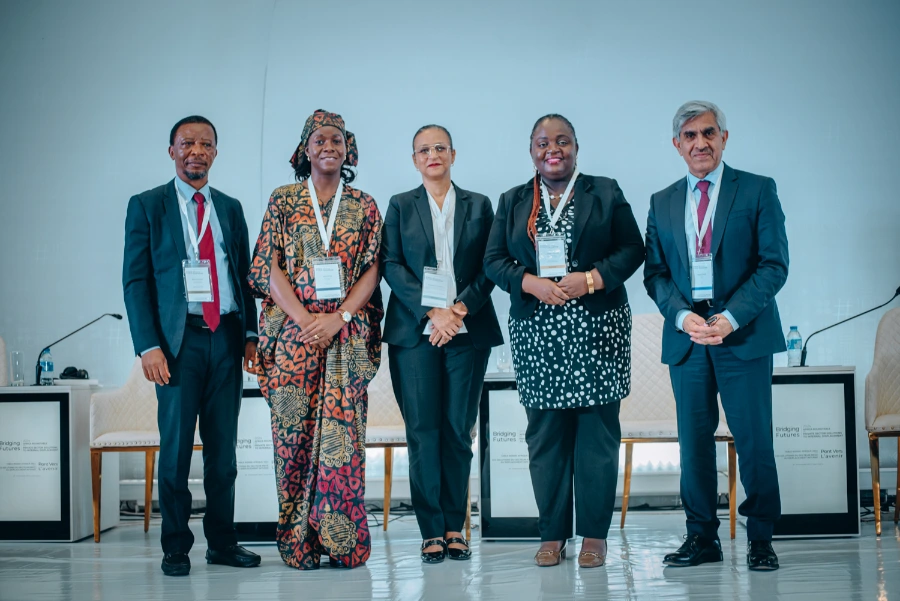For too long, the narrative about Africa has been shaped by external forces, often perpetuating stereotypes and overlooking the continent’s rich diversity and complexity. But a powerful shift is underway. Across Africa, individuals and communities are reclaiming their voices, sharing their own stories, and challenging the dominant narratives. This movement, driven by a new generation of storytellers, is transforming how the world sees Africa – and how Africans see themselves.
From bloggers and podcasters to filmmakers and visual artists, Africans are using a variety of platforms to amplify their voices. They are telling stories of resilience, innovation, and everyday life, showcasing the dynamism and creativity that often goes unreported. They are challenging simplistic portrayals of poverty and conflict, offering nuanced perspectives on the challenges and opportunities facing their communities.
This surge in authentic storytelling is not just about changing perceptions; it’s about empowering communities. When people are able to tell their own stories, they gain agency and control over their own narratives. They can challenge injustice, advocate for change, and inspire others to action. Storytelling becomes a tool for social transformation, a way to build bridges between cultures, and a means of fostering understanding and empathy.
Organizations like ALADI, the Africa Leadership and Dialogue Institute, are playing a crucial role in supporting this movement. By providing platforms for African voices to be heard, ALADI is helping to amplify authentic narratives and connect storytellers with wider audiences. Through workshops, mentorship programs, and digital platforms, ALADI is empowering individuals to share their stories and contribute to a more accurate and representative portrayal of Africa.
The power of storytelling lies in its ability to connect us on a human level. It allows us to see the world through the eyes of others, to understand their experiences, and to appreciate their perspectives. By amplifying authentic African voices, we can break down stereotypes, challenge prejudices, and build a more inclusive and understanding world. The stories being told across Africa are not just changing the narrative; they are changing the future



